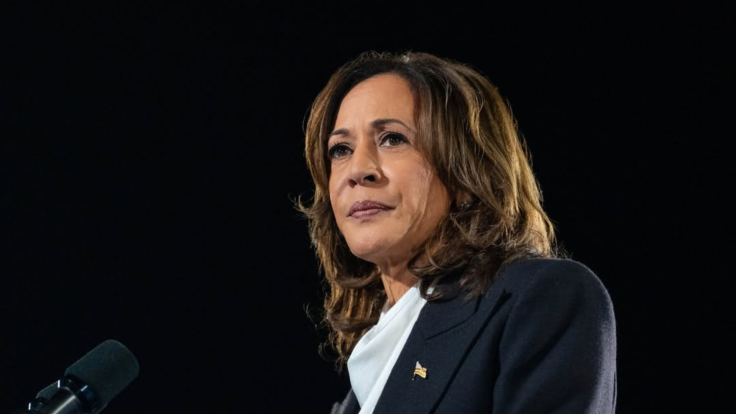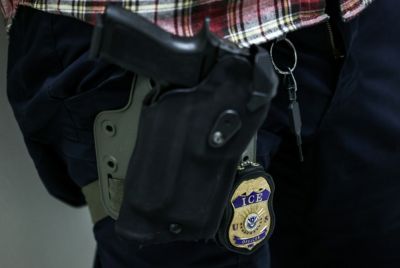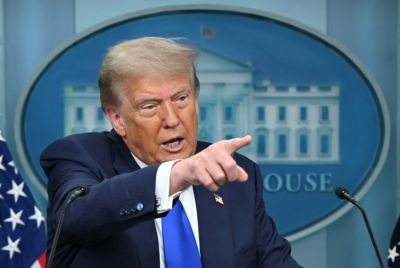Do Former Vice Presidents Get Secret Service Protection? No — But Here's Who Does
Secret Service rules give ex-presidents lifelong protection — but vice presidents lose it when their term ends.

The question of who qualifies for Secret Service protection after leaving office has sparked fresh debate in the United States. The issue resurfaced after officials confirmed that former Vice President Kamala Harris no longer has a protective detail, ending weeks of speculation about whether she would continue to receive taxpayer-funded security.
Who Gets Protection Under U.S. Law
The Secret Service provides protection to a defined list of leaders and their families. By statute, sitting and former presidents receive lifetime protection, as do their spouses. Presidential children are covered until they reach the age of 16.
Vice presidents are subject to different rules. They are protected during their term of office and for up to six months after leaving, with coverage extending to their spouses and children during that same window. Once that period expires, protection ends unless Congress authorises an extension or the sitting president directs it.
As a result, Harris who served as vice president from 2021 to 2025 no longer has a Secret Service detail. The same applies to former vice presidents Mike Pence and Joe Biden before his election as president.
Why the Debate Has Resurfaced
The discussion reignited in late August when the Department of Homeland Security (DHS), which oversees the Secret Service, confirmed that Harris's coverage had ended according to federal law. The same announcement applied to Biden's expired vice-presidential protection.
The clarification, issued during Donald Trump's presidency, triggered a wave of online debate. Supporters of Harris argued that political figures of her profile still face security risks even after leaving office. Others pointed out that the law has long reserved lifelong coverage for presidents only.
According to NBC News, requests for extended protection are rare but not without precedent, typically granted only when a specific threat exists. Congress could in theory change the law to expand coverage for all former vice presidents, but analysts note such bipartisan action is unlikely.
Why Vice Presidents Lose Coverage
The distinction highlights the different roles of presidents and vice presidents after office. Former presidents remain internationally recognised figures, often active in diplomacy, publishing and public life, which makes them ongoing security targets.
Former vice presidents, unless they take on another major office, are generally treated as private citizens. Secret Service officials emphasise the cost of providing lifelong protection, which involves dedicated personnel, vehicles and advanced technology. Limiting coverage allows the agency to focus resources on sitting leaders and national security events.
Still, some security experts told CNN that in today's polarised political climate, threats to former vice presidents may be underestimated. They warn that public figures often continue to draw hostile attention long after their terms end.
Who Else Is Covered and What's Next
Beyond presidents and vice presidents, the Secret Service also protects the president's immediate family, visiting foreign heads of state, and major presidential and vice-presidential candidates during election campaigns. Former first ladies such as Michelle Obama retain protection, while presidential children lose coverage at 16 unless special exceptions are made. The agency also secures events deemed nationally significant, including inaugurations and international summits.
For Harris, Pence and other former vice presidents, the law leaves them without Secret Service protection unless Congress intervenes or the sitting president grants an extension. The debate underscores a larger question: how should America balance the high cost of lifelong protection with the reality that political figures remain in the public eye long after leaving office?
© Copyright IBTimes 2025. All rights reserved.



















